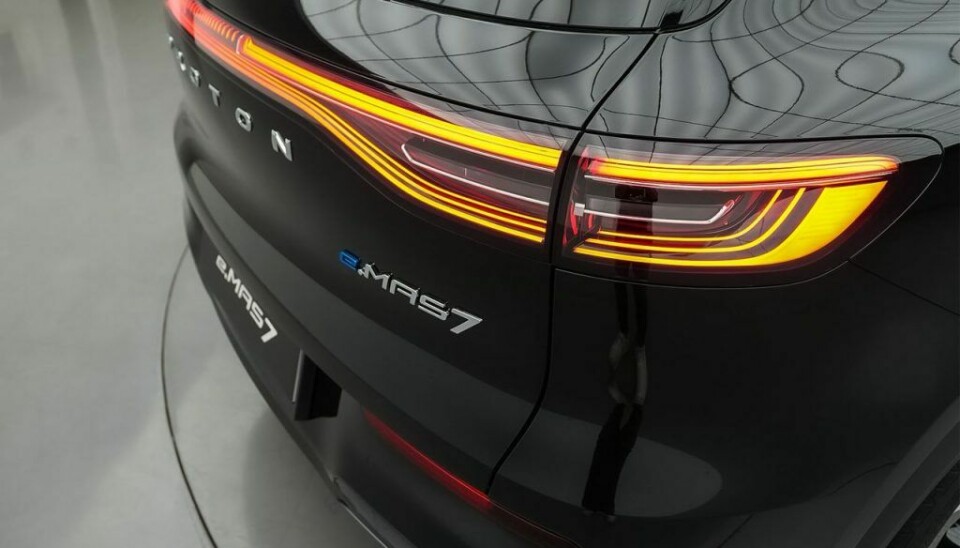ASEAN EV expansion
Proton opens EV-dedicated assembly plant in Malaysia to boost electrification strategy

Tanjong Malim facility delivers rapid launch of e.MAS 7 and localisation of EV production. The site was officially inaugurated by Prime Minister Dato’ Seri Anwar Ibrahim on 6 September.
Proton has launched its first dedicated electric vehicle (EV) assembly plant at its Tanjong Malim complex. Construction was completed in just seven months with capacity set at 20,000 units per year, expandable to 45,000.
The new facility is integrated into the Automotive High-Tech Valley (AHTV) and is now producing the e.MAS 7, Proton’s first fully electric vehicle, following the company’s partnership with Zhejiang Geely Holding.
The OEM confirmed the upcoming launch of the e.MAS 5 from the same site, with long-term plans to expand production to include other EV brands under the Geely umbrella, including Zeekr.
The facility supports complete knockdown (CKD) assembly, replacing earlier imports of the e.MAS 7 from Geely’s plant in Guiyang, China.
The plant includes a range of tailored production stations and automation-assisted assembly processes, including:
-
Rear spring compression equipment
-
Pallet sub-assembly stations
-
Tyre manipulator and rear chassis lines
Proton is investing RM82m ($19.4m) in the plant’s development, with the first RM47m going into the first phase of production - in line with its electrification strategy and manufacturing expansion in ASEAN.
The company's leadership confirmed that this localisation initiative aligns with its broader vision to develop Malaysia’s domestic EV supply chain, support local content targets, and build EV manufacturing expertise.
“The new EV production line in Tanjong Malim reflects Proton’s ambition to scale up electrification, build manufacturing self-sufficiency and contribute to the national objective of developing AHTV into an ASEAN EV hub,” a company spokesperson stated.
Workforce development and EV skills mobilisation
The plant was delivered with support from Proton’s engineering and manufacturing teams, many of whom were trained internally to support EV-specific processes. The rapid build-up and commissioning phase also included the mobilisation of local suppliers and the onboarding of specialised technicians.
The initiative supports broader goals of industrial upskilling, as Proton expands its workforce to accommodate new energy vehicle (NEV) production lines. This follows the company’s previously announced NEV strategy, which includes investments in battery technology, charging infrastructure and intelligent manufacturing systems.
Rail integration and logistics ecosystem
The Tanjong Malim site benefits from its location within Malaysia’s AHTV, a zone designated for EV and high-tech vehicle manufacturing. Proton, in collaboration with Malaysia’s Railway Assets Corporation and KTM, is working to establish a rail logistics hub to support inbound and outbound freight, including CKD parts and finished vehicles.
The site’s connectivity is expected to enhance the efficiency of containerised inbound material flows, while reducing logistics emissions.
EV production roadmap and future models
The facility’s launch follows the positive domestic sales of the e.MAS 7, which has quickly become the best-selling EV in Malaysia since its commercial introduction in December 2024. Proton aims to follow with production of the smaller e.MAS 5 in the coming months, and to expand its NEV portfolio through models built in partnership with Geely’s global platforms.
While Proton has not confirmed export timelines, the capacity expansion and modular production design signal an intention to supply EVs to neighbouring markets, supported by Malaysia’s national goal of achieving 20% EV penetration by 2030.




